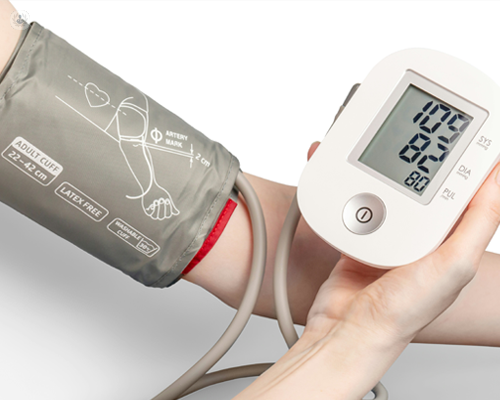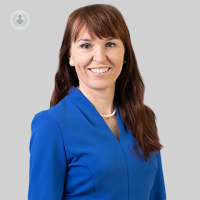Understanding your numbers: The life-saving power of cardiac screening
Written in association with:When it comes to heart health, knowing your numbers can protect you against unforeseen health issues. Cardiac screening is vital in understanding your risk factors for heart-related issues, especially for those with a history or likelihood of cardiovascular conditions. But what does it mean to ‘know your numbers,’ and why is it crucial for women post-menopause?
Leading consultant cardiologist Dr Gosia Wamil addresses these important questions in this informative article.

Knowing your numbers: your heart health barometer
‘Know your numbers’ is a phrase that underlines the importance of knowing your key cardiovascular risk factors. These numbers include:
- blood pressure;
- cholesterol levels;
- blood sugar;
- body mass index (BMI), and,
- waist circumference.
For those with an underlying diagnosis of diabetes, it may also mean knowing your HbA1c and insulin resistance level. For people with a family history of premature coronary artery disease, knowing your calcium score may be crucial.
Why does cardiac screening matter?
Heart disease doesn't always have clear warning signs. Many people assume a heart attack or stroke comes with dramatic symptoms, but the reality can be much more subtle, particularly in women who often present with what we call atypical symptoms of angina.
After going through menopause, women's risk of heart disease climbs, partly due to changes in hormone levels that can affect their blood vessels. Moreover, women often experience atypical symptoms, such as fatigue, shortness of breath, or nausea, which can easily be mistaken for less serious issues.
Detecting problems before symptoms arrive
Cardiac screening can detect potential heart problems even before symptoms arise, enabling early intervention and lifestyle adjustments to prevent future heart troubles.
When it concerns the well-being of your heart, familiarising yourself with your cardiovascular risk factors, i.e. ‘knowing your numbers’ can act as a protective shield against potential health adversities.
Whether it's choosing to undergo regular screenings or seeking specialised care when necessary, it’s important to stay informed and proactive about your heart health.
By embracing cardiac screening, you're not only beginning to understand your heart better, but also looking at a healthier future.
Interested in having cardiac screening? Arrange a consultation with Dr Wamil via her Top Doctors profile.


